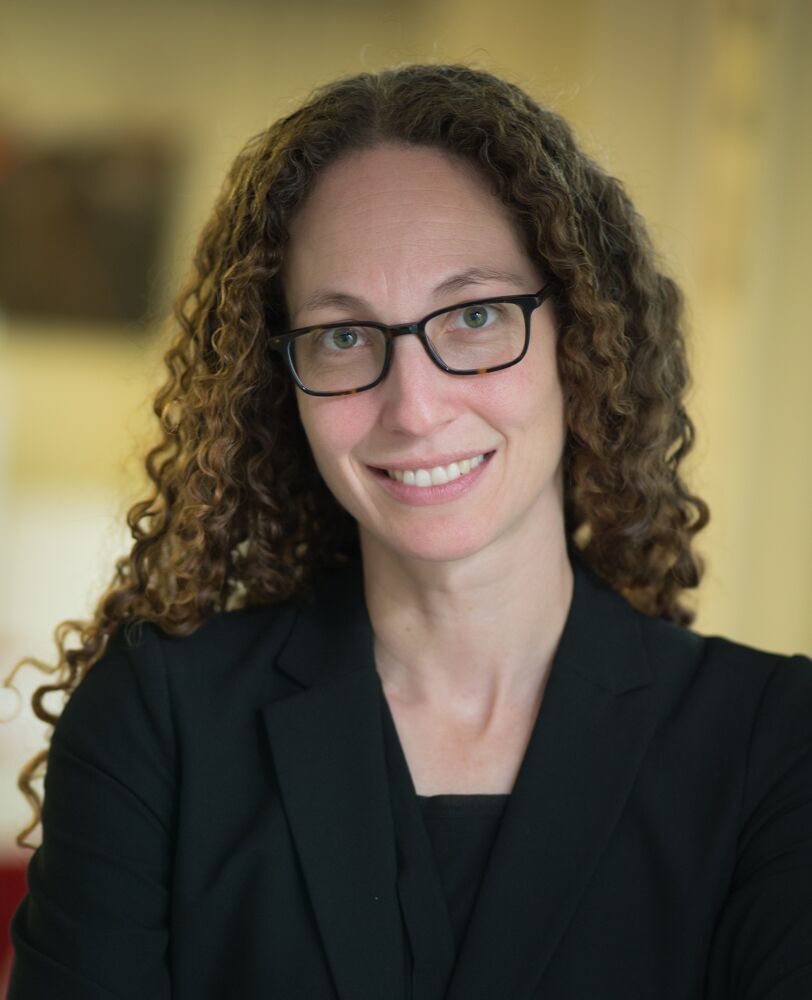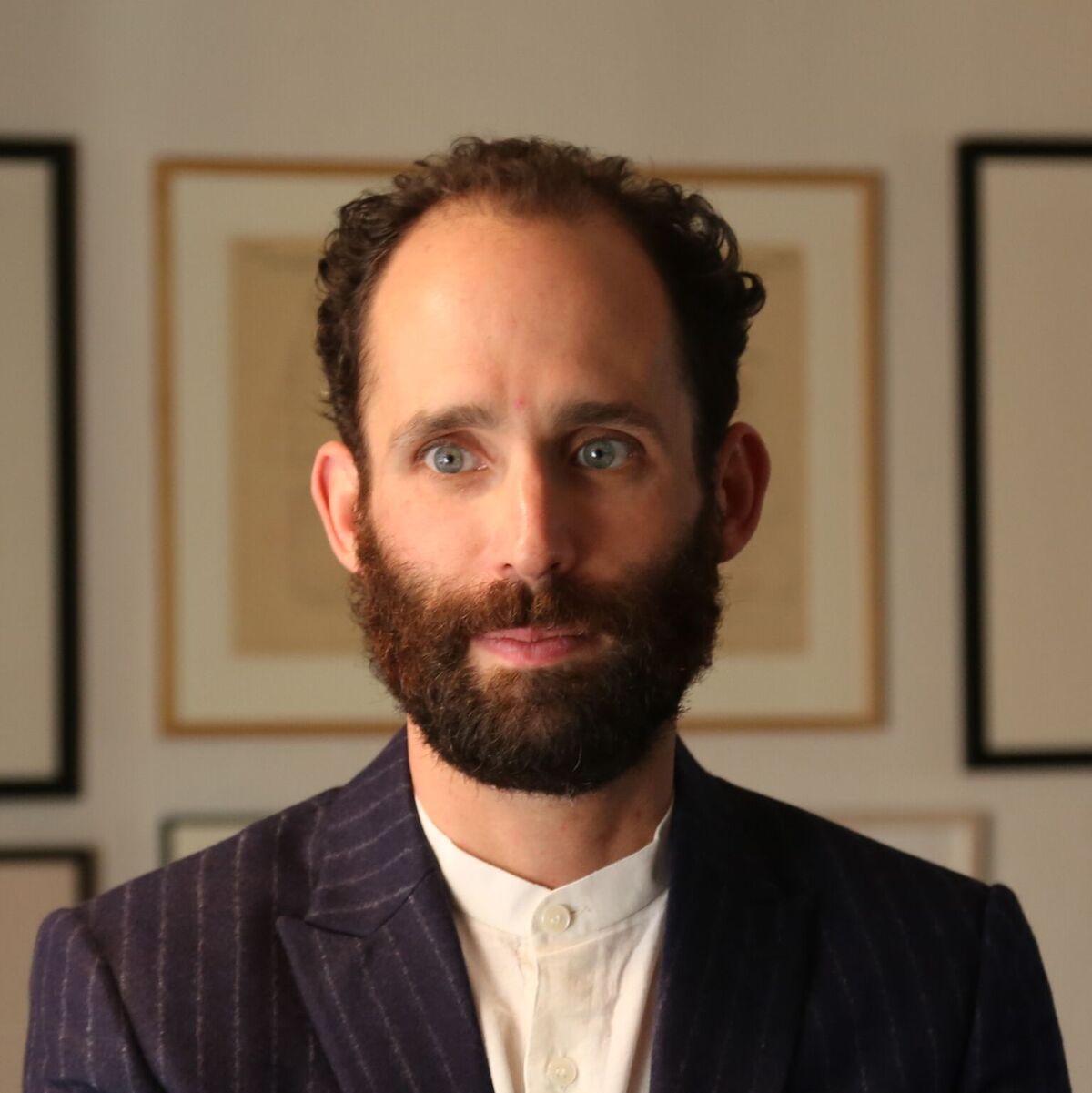
How can communities invest in frontline health workers and services to improve their access to effective and affordable care?
Frontlines of Health
Closed
Submissions are closed
Timeline
-
Applications Open
January 1, 2018 9:00am EST -
Solution Deadline
July 1, 2018 11:59pm EDT -
Edit Your Posted Solution
July 20, 2018 12:00am EDT -
Final Revisions Due
July 20, 2018 5:00pm EDT -
Solve Challenge Finals 9/22-9/24
September 22, 2018 11:59pm EDT -
Solver Teams Selected
September 23, 2018 11:59pm EDT
Solutions
Featured

Peter Sands
The Global Fund for AIDS, Tuberculosis and Malaria, Executive Director

Ngozi Okonjo-Iweala
The Global Alliance for Vaccines and Immunisations, Chair of the Board of Gavi
Leadership

Phillip T. (Terry) Ragon
InterSystems Corporation, CEO, Founder, and Owner

Iyah Romm
Cityblock Health, Chief Executive Officer

Pape Gaye
IntraHealth International, President & CEO

English Sall
Office of the UN Special Envoy for Health in Agenda 2030 and for Malaria, Vice-Chair

Angela Gichaga
Financing Alliance for Health, CEO

Ferdinando Regalia
Inter-American Development Bank, Head, Social Protection and Health Division

Julie Essiam
Africans4Africa, CEO

Kavita Patel
Brookings Institution, Nonresident Fellow - Economic Studies, Center for Health Policy

Zen Chu
MIT, Senior Lecturer, Technological Innovation, Entrepreneurship, and Strategic Management

Angela Chaudhuri
Swasti Health Catalyst, Director and Member of the Governing Body

Pierre R. Theodore
Johnson & Johnson Innovation, Vice President

Jim Campbell
World Health Organization, Director, Health Workforce Department

Paurvi Bhatt
Medtronic Foundation, Vice President- Philanthropy, Medtronic, PLC; President

Mary-Ann Etiebet
Merck for Mothers, Lead & Executive Director

Cheryl Hicks
Toilet Board Coalition, Executive Director & CEO

Jonathan Jackson
Dimagi, Chief Executive Officer

Justin Dangel
Ready Responders, Inc., Co-Founder + CEO
Elizabeth McGovern
Patrick J. McGovern Foundation, Trustee

Qian Xu
School of Public Health, Fudan University, Professor






















